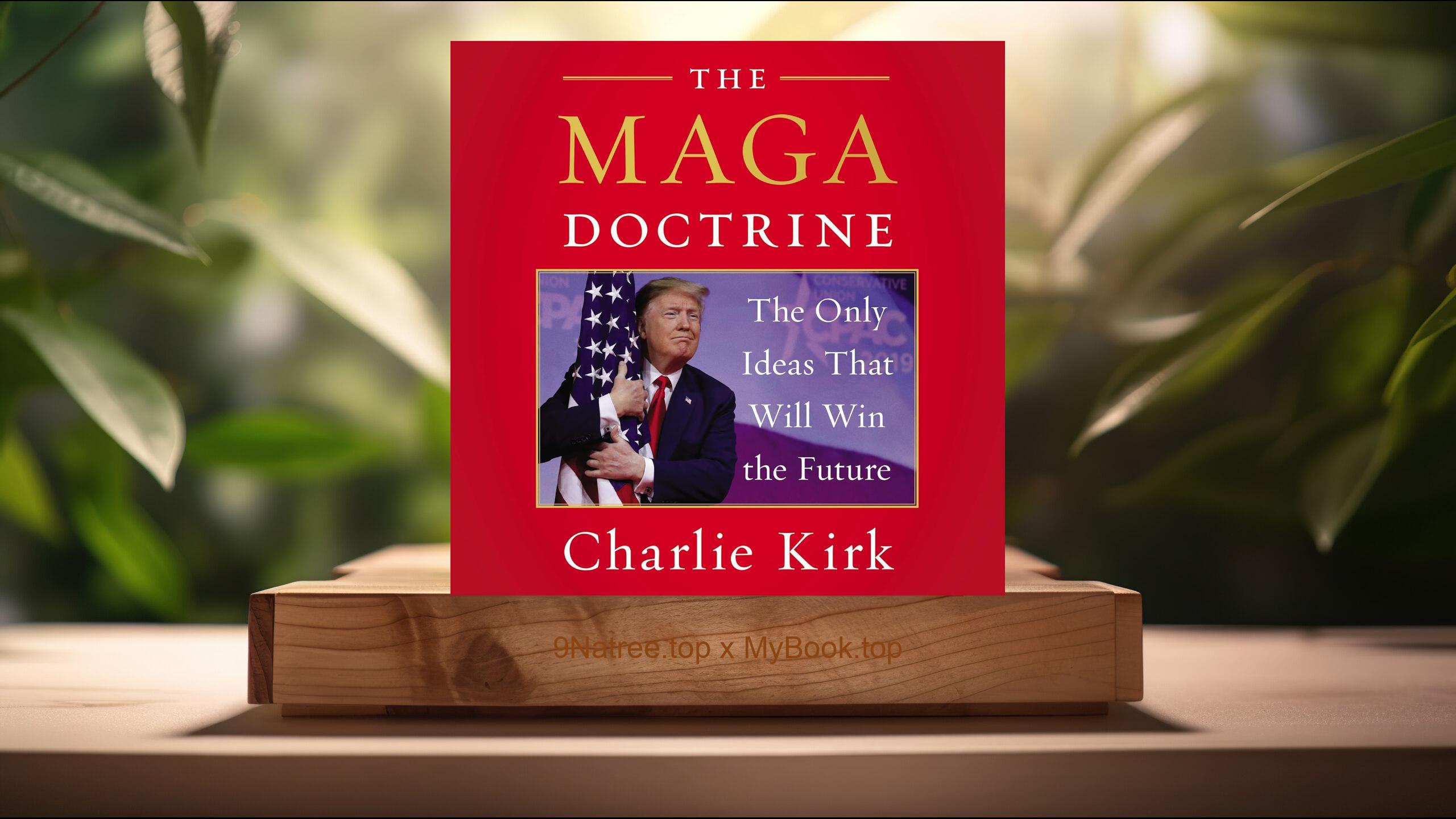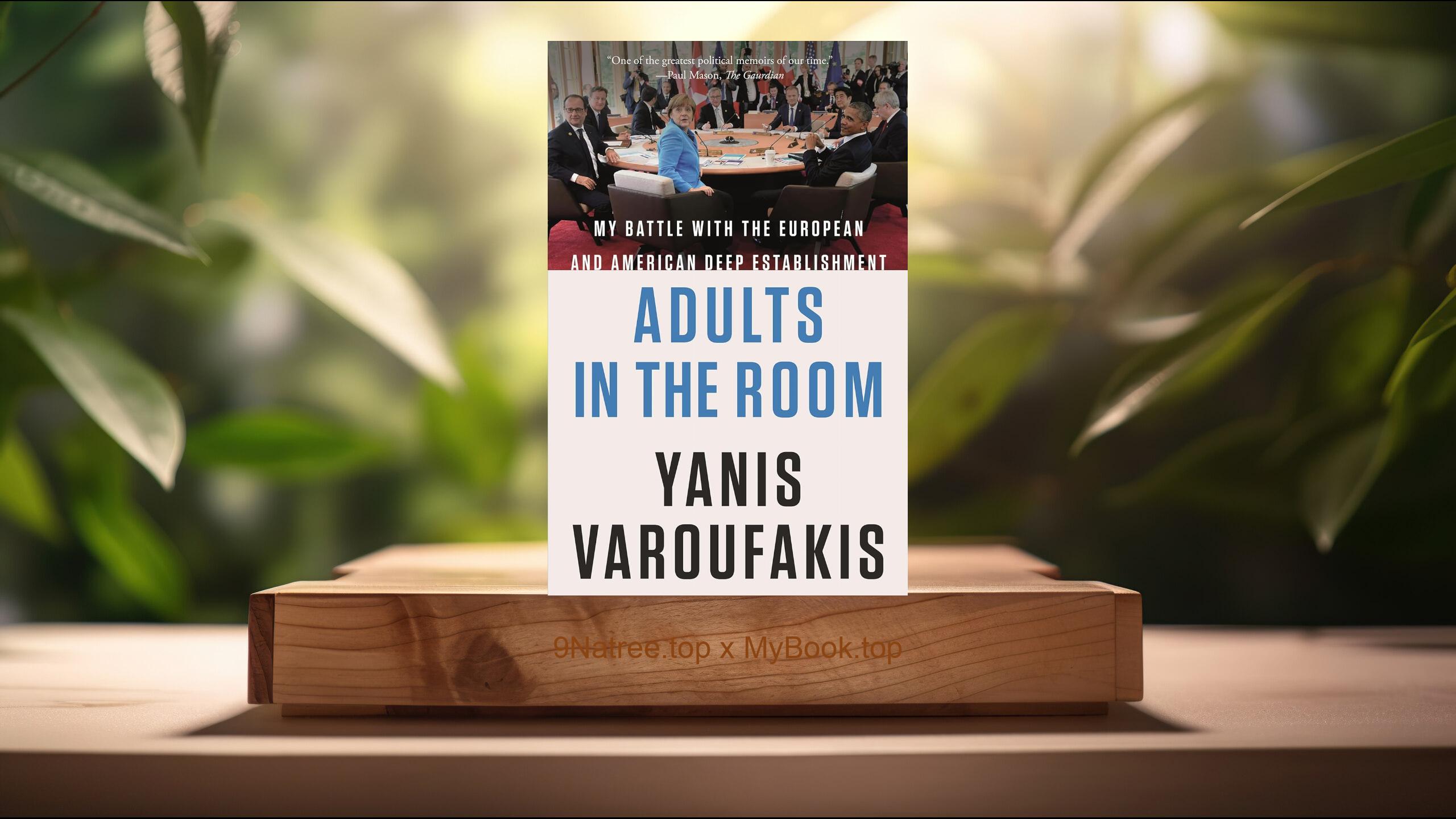Show Notes
- Amazon USA Store: https://www.amazon.com/dp/B0DWHDH5JF?tag=9natree-20
- Amazon Worldwide Store: https://global.buys.trade/Bad-Law%3A-Ten-Popular-Laws-That-Are-Ruining-America-Elie-Mystal.html
- eBay: https://www.ebay.com/sch/i.html?_nkw=Bad+Law+Ten+Popular+Laws+That+Are+Ruining+America+Elie+Mystal+&mkcid=1&mkrid=711-53200-19255-0&siteid=0&campid=5339060787&customid=9natree&toolid=10001&mkevt=1
- Read more: https://mybook.top/read/B0DWHDH5JF/
#legalreform #votersuppression #criminaljustice #reproductiverights #gunpolicy #BadLaw
These are takeaways from this book.
Firstly, Democracy on the defensive: voter rules that shrink the electorate, Few legal changes have been marketed as common sense more successfully than new voting rules. They promise integrity, order, and efficiency. The book peels back that branding to show how voter identification requirements, aggressive voter roll purges, reduced polling locations, limited mail voting, and strict registration deadlines operate together to make it harder for eligible citizens to cast a ballot that counts. The problem is not a single barrier but the compounding effect of many small hurdles. If you work hourly shifts, lack a car, move apartments frequently, or care for children or elders, an extra document or a longer trip or a shorter window to vote can easily become the difference between participation and silence. Mystal traces the historical lineage from poll taxes and literacy tests to modern rules that are facially neutral yet carefully engineered to have predictable impacts on students, renters, military families, and communities of color. He explains how courts weakened federal oversight of discriminatory practices, enabling states and local officials to push the envelope with little fear of penalties. The discussion also tackles gerrymandering, which locks in minority rule by drawing maps that let politicians choose voters rather than the other way around. Campaign finance doctrines that treat money as speech further distort representation by amplifying the loudest, wealthiest voices. The book does not stop at diagnosis. It outlines concrete reforms that are well tested in many jurisdictions. Automatic voter registration, same day registration, generous early voting, expanded mail options, and well resourced polling places all increase participation without inviting fraud. Independent redistricting commissions and transparent mapping criteria restore fairness to districts. Public financing and robust disclosure reduce the dominance of dark money. Mystal highlights the power of local action, from county election boards to state legislatures, and the role of litigation when targeted suppression reappears. He also gives readers practical advice for helping neighbors obtain identification, for monitoring polling place closures, and for challenging misinformation that weaponizes fear of fraud to justify disenfranchisement. The chapter makes a simple case with rigorous support. A democracy that routinely makes it hard for eligible people to vote is a system designed to protect power, not to confer legitimacy. Rules that suppress participation are not neutral guardrails. They are choices that can be reversed.
Secondly, Criminal justice that punishes poverty and protects impunity, Bad Law examines how popular crime policies deliver pain without producing safety. Cash bail systems are a prime example. Sold as a way to ensure court appearances, they function as a poverty tax. People accused of minor offenses sit in jail for days or weeks because they cannot afford a few hundred dollars, while wealthier defendants walk free on serious charges. Time behind bars before trial increases job loss, housing instability, and family disruption. It also pressures people to accept plea deals just to go home, regardless of actual guilt. Mandatory minimums and three strikes statutes shift power from judges to prosecutors and lock in long sentences that research does not support as effective deterrents. These laws have filled prisons and drained budgets while failing to lower recidivism. The chapter also scrutinizes doctrines that shield official misconduct. Prosecutorial immunity and qualified immunity for police create high bars for accountability even in egregious cases. Excessively deferential use of force standards and weak decertification processes mean that bad actors can stay on the job, eroding trust in entire departments. Mystal connects these rules to everyday navigation of the system. He shows how underfunded public defense, fines and fees, and probation traps produce cycles of debt and re arrest. He explains the ecosystem that grows around criminalization, from private probation to jail telecom contracts, all profiting from human hardship. Yet the book is not a catalog of despair. It highlights reforms that many cities and states are testing with success. Eliminating cash bail for most offenses, expanding diversion and treatment, restoring judicial discretion, and revisiting extreme sentences reduce both jail populations and reoffending. Independent oversight for police, transparent disciplinary databases, and a redefined standard for excessive force create pathways to accountability. Investment in violence interruption, youth programming, and mental health response teams addresses the causes of harm rather than its symptoms. Mystal emphasizes the civic role of the reader. Jury service is one lever, as is local electoral participation in district attorney, sheriff, and judge races. He urges skepticism toward tough on crime slogans that ignore evidence and shifts focus to safety strategies grounded in data and dignity. The core claim is clear. A justice system that punishes poverty and protects impunity is not inevitable. It is the product of choices that voters and lawmakers can unmake.
Thirdly, Bodily autonomy and the politics of control, The debate over bodily autonomy is often framed as culture war, but the stakes are legal and concrete. Bad Law charts how a wave of state statutes governing reproductive health and gender identity have redrawn the boundaries of privacy, medical judgment, and personal freedom. After courts reduced federal protections for abortion, legislatures enacted bans and civil bounty schemes that invite surveillance of pregnancy, medication, and travel. The book details how these laws create legal risk not only for patients but also for doctors, pharmacists, and even people who offer rides or information. Such frameworks chill routine care for miscarriages, ectopic pregnancies, and fertility services, as providers fear criminal exposure and professional ruin. The chapter also examines restrictions on gender affirming care, especially for minors. These laws override families and physicians, substituting political directives for evidence based treatment plans endorsed by major medical associations. They carry collateral consequences, from insurance denials to forced school disclosures, and they empower private litigants to police the identities of neighbors and classmates. Mystal places these developments in the longer history of government regulation of family life, interracial marriage, contraception, and intimate relationships, showing how appeals to tradition have repeatedly been used to narrow who counts as a full rights bearing person. He explains how new laws expand state collection and sharing of health and location data, raising the specter that apps, pharmacies, and search engines can become tools of prosecution. In response, the book outlines legal strategies to protect patients and providers, including shield laws, cross border telemedicine frameworks, and robust data privacy statutes that limit retention and sale of sensitive information. It also points to practical safety planning, from understanding digital footprints to securing medical records. The chapter argues that bodily autonomy is not a niche concern. It is the precondition for equal citizenship, the ability to plan a life, pursue education, and participate in work and community without fear that private health decisions will be punished by the state. Mystal invites readers to see beyond headlines to the daily logistics of care and to support policies that put science, consent, and human dignity ahead of political theater.
Fourthly, Guns, immunity, and the cost of absolutism, Public safety debates in America often stall in slogans. Bad Law cuts through with a close look at statutes and doctrines that elevate gun rights while sidelining community safety. Stand your ground laws, now common in many states, expand the use of lethal force by removing any duty to retreat even when retreat is possible. These rules are marketed as empowerment, but research and case reviews show that they can escalate confrontations, invite unequal enforcement, and normalize a shoot first posture in public spaces. The book pairs this with permitless carry and broad open carry regimes that increase the number of firearms in daily circulation without corresponding training, storage standards, or vetting. It also examines a federal statute that grants sweeping immunity to gun manufacturers and dealers from many civil suits, insulating an industry from the kind of accountability that pushed cars, toys, and medicines to become safer over time. Court decisions have layered on a history only test that treats modern safety innovations as suspect if they lack an analog from centuries ago. Mystal argues that this blend of policy and doctrine is not neutral about freedom. It allocates risk downward onto teachers, retail workers, worshipers, and first responders who must adapt to more guns in more places with fewer guardrails. The chapter does not propose a prohibitionist fantasy. It highlights evidence based reforms that respect lawful ownership while reducing harm. Licensing paired with training, universal background checks, extreme risk protection orders, safe storage requirements, and limits on public carry in sensitive places all have track records in reducing injuries and deaths. Narrowing industry immunity would allow victims and communities to seek redress when irresponsible sales and marketing practices flood illegal markets. Mystal also underscores the importance of community violence intervention, hospital based programs, and youth engagement that interrupt cycles of retaliation. He encourages readers to see gun policy as infrastructure. Choices about immunity, carry rules, and self defense standards create predictable social conditions, just as traffic rules do. A policy environment that rewards prudence and accountability saves lives without erasing rights. One that idolizes unfettered carrying and broad immunity imposes costs the public quietly absorbs in trauma, medical bills, and perpetual anxiety.
Lastly, Corporate power cloaked as freedom, When laws promise flexibility, efficiency, or freedom of contract, it pays to ask who benefits. Bad Law explores how corporate friendly rules have become standard fixtures of everyday life. Forced arbitration clauses hide in employment agreements, consumer apps, nursing home contracts, and student enrollment forms. They reroute disputes away from public courts into private forums with repeat player dynamics, sealed outcomes, and limited rights to appeal. Class action waivers prevent people with small but widespread harms from combining claims, which means many wrongs simply go unremedied. Tort reform caps reduce accountability for negligent actors and shift the cost of injuries onto families and public systems. Noncompete agreements trap workers, suppress wages, and stifle entrepreneurship far beyond any legitimate protection of trade secrets. Right to work statutes weaken unions by forcing them to represent non members without compensation, diluting worker power at the bargaining table and shrinking the middle class. Mystal connects these policies to a broader legal philosophy that treats corporations as rights bearing persons while treating workers and consumers as disposable. He unpacks how preemption doctrines can block stronger local standards, keeping communities from adopting protections that match local risks. The book offers a different vision of economic freedom. Banning forced arbitration in essential services and employment, restoring access to class actions, and setting fair limits on noncompetes would rebalance the scales. Supporting worker organizing, sectoral bargaining, and wage boards can raise standards across entire industries. Strong whistleblower safeguards and anti retaliation rules empower people to speak up about safety and fraud. The chapter also highlights how contract literacy is a form of self defense. Reading terms, negotiating where possible, and choosing services that honor fair dispute resolution can shift market incentives. Mystal urges readers to see corporate law as an arena where democratic values either survive or wither. When corporations receive expansive speech rights, property rights, and immunity from liability, while people face barriers to remedy, the rhetoric of freedom masks a transfer of power. Rewriting those rules is not anti business. It is pro accountability, pro competition, and pro human dignity.
![[Review] Bad Law: Ten Popular Laws That Are Ruining America (Elie Mystal) Summarized](https://episodes.castos.com/660078c6833215-59505987/images/2169061/c1a-085k3-25mn6zdxs65n-fybnw5.jpg)




